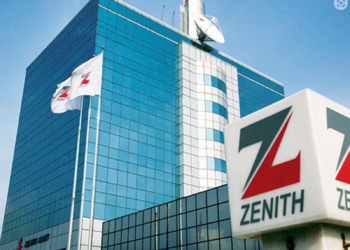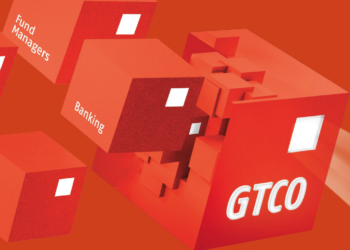In the month of May, investors cashed in a lot of money, with macro fundamentals such as surging crude oil price and the continued demand for Nigeria’s export products (crude oil and Natural gas), boosting the bullish run.
Nigeria’s stock market capitalization was boosted by N1.2 trillion, even as the bourse recorded one of its largest market breadths on a monthly basis. Sixty-nine stocks advanced in May, as opposed to the 11 that dropped in value.
Just like in April, May was synonymous with bullish runs, as the market closed higher 72% of the trading days in the month. Despite the positive attributes, trading metrics continued to plunge. The bourse recorded the lowest monthly value of trades in 2020.
The shift of emphasis from ‘’Lockdown’’ to ‘’Reopening’’ has buoyed risk-on sentiments across the globe. Also, providing support has been the adoption of accommodative measures by the world’s largest central banks.
(READ MORE: Naira depreciates to N460/$1 at the parallel market, despite improved liquidity)
The local market was driven by a decent appetite for stocks even in the face of reduced offshore supply. In fact, both local and offshore accounts were net buyers of stock in May.

To be specific, foreign accounts were net purchasers of NB, NESTLE, FBNH, and GUARANTY, while actively selling WAPCO and DANGCEM. Locals were quite bullish on the cement names, and the banking tickers, while being active sellers in the consumer space.
In short, it was a cement-driven rally last month; BUACEMENT, and DANGCEM combined accounted for 30% of the NGSE ASI.
There was also a slight uptick in institutional activity (both local & offshore); we observed some PFA related dealings trickling in—nevertheless, the bulk of May’s trades were underpinned by short-term money.
Michael Nwakalor, a Macroeconomist at CardinalStone Research, in a telephone interview with Nairametrics, explained that the performance of the exchange’s most capitalized stocks were remarkable. He said:
“The NSE 30 closed higher by 11.1% in May amid a rebound in oil prices and temporary reprieve to Nigeria’s external reserves following the receipt of $3.4 billion IMF facility.
“Buying activities in the month were once again driven by domestic participants, with muted sell-side activities from foreign players. The market performance was partly driven by gains in MTNN, BUACEMENT as investors reacted positively to the release of their Q1’20 and FY’19 results, respectively.
“Additionally, strong performances in NB and GUARANTY over the month – driven by foreign and domestic participants alike as they took advantage of relative attractive prices – buoyed the index’s performance.”





















